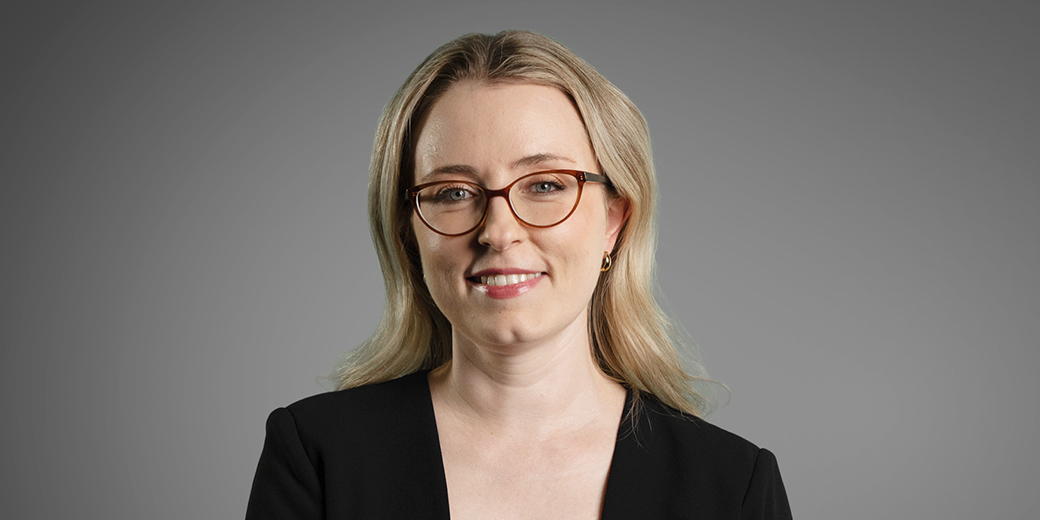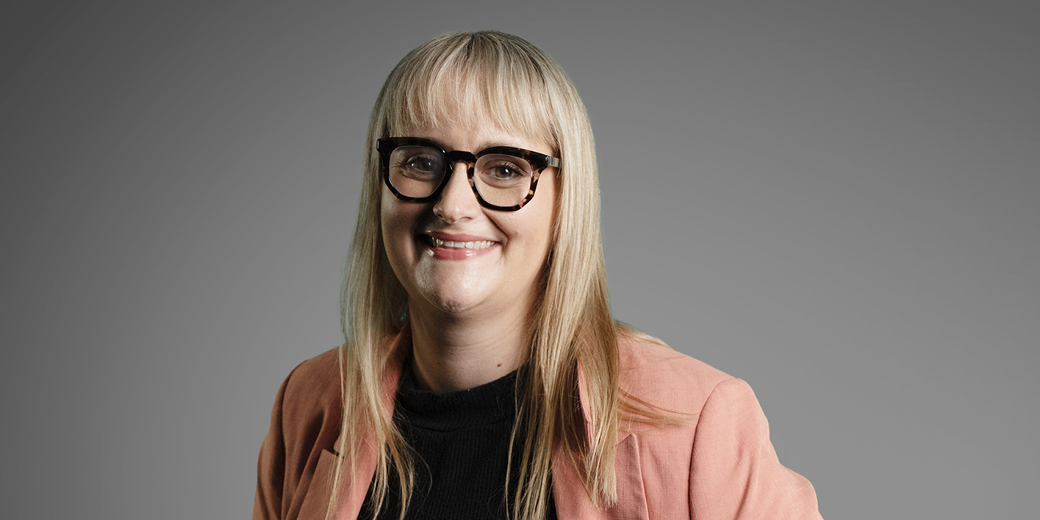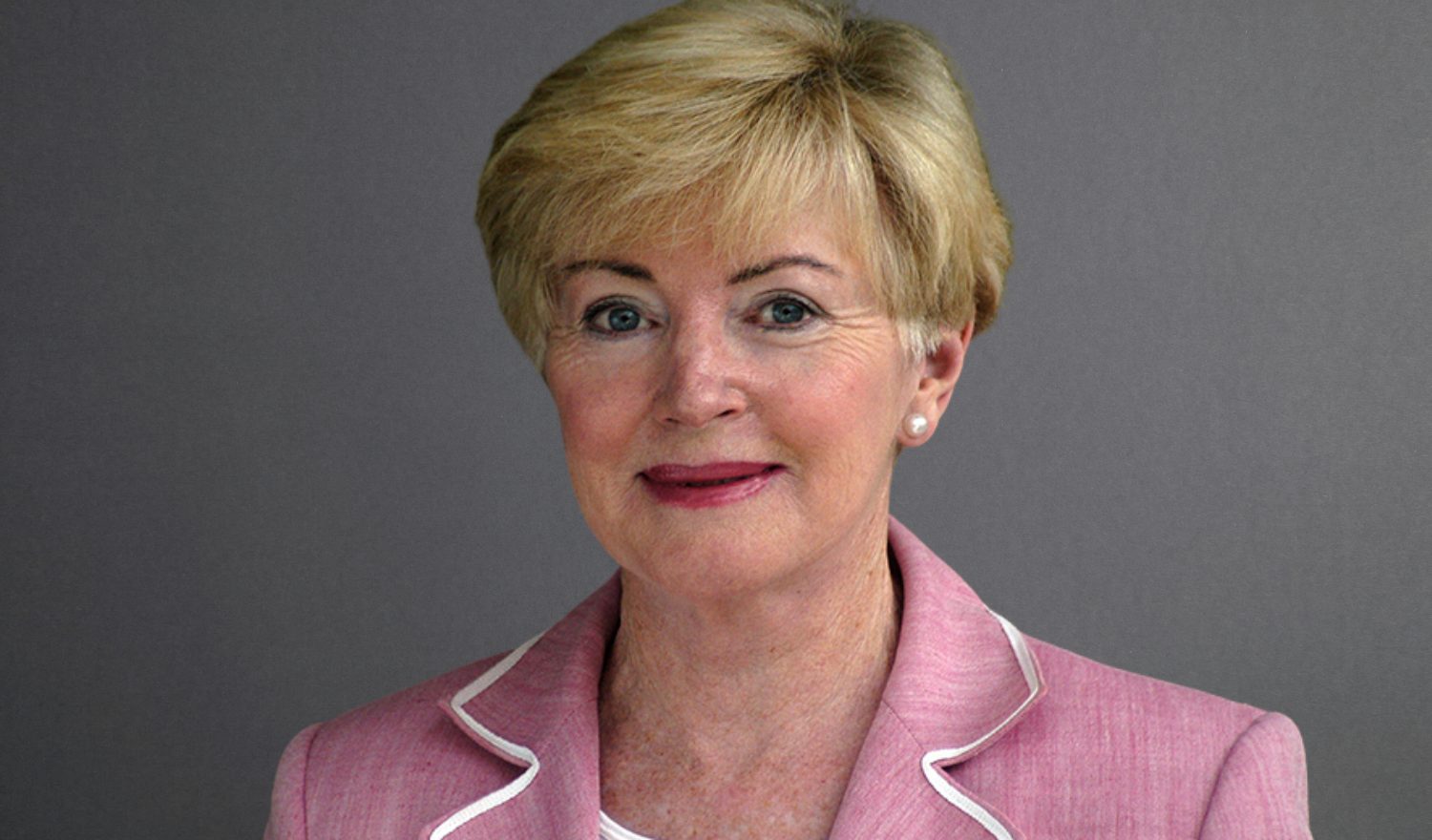Clyde & Co Senior Associate Dominique Mayo made a very conscious decision to undertake a practical Masters program that would supplement and complement her role as a commercial litigator in private practice.
We spoke to Dominique about her success in the Commercial Litigation LLM Program, how it has helped to shape her career, and what advice she might have for lawyers seeking to undertake postgraduate specialistion study in the field of Commercial Litigation.
A journey marked by high achievement
Earlier this year, Dominique was awarded a Certificate of High Achievement in recognition of her being awarded the highest High Distinction in the Managing Complex Litigation module of the Commercial Litigation LLM program. This module covers a range of issues arising for commercial litigation practitioners during the conduct of matters involving complex litigation, including managing the project team, advanced privilege issues, class actions, electronic litigation and international dispute resolution.
Subsequently, Dominique was awarded a Certificate of High Achievement in recognition of her being awarded the highest High Distinction in the Capstone Project (Commercial Litigation) module. This module is taken as the final subject of the Commercial Litigation LLM program, as a culmination of the knowledge and skills attained throughout the major, and allows students to demonstrate their skills in a specialist practice area using real life scenarios and case studies.
These successive achievements have culminated in Dominique being named the recipient of the SRM Lawyers Best Graduating Student in Commercial Litigation.
Dominique attributes her overall success to the incredible support she received from her family and employers, particularly the Partners to whom she directly reported, across the duration of her Commercial Litigation Masters program.
“That has, undoubtedly, contributed to my success, for which I am extremely grateful,” said Dominique. “I have no doubt my willingness to read more widely than was required and my strategy to always dip into unit resources, including the corresponding assessment pieces, ahead of any tutorials, brought a real focus to my learning and participation in tutorials.”
Self-reflection is crucial to success
Dominique also found the self-reflection activities in each of the modules to be highly valuable.
“Undertaking the various learning and assessment activities in the Capstone Project (Commercial Litigation) module caused me to consider and analyse my practice as a commercial litigator, specifically in respect of the provisioning of advice to clients in a litigious matter” said Dominique.
“Ultimately, it confirmed, and reinforced, my standard approach to the provisioning of advice to clients, which is premised on my firm belief that the advice I provide to clients, and the content of any court documents I prepare subsequent to such advice, is only as good as my research.”
“Whilst proper and comprehensive research is critical, the accessibility or readability of any legal advice is essential to clients’ understanding of the matters canvassed therein,” said Dominique. “Accordingly, it is imperative that any complex, technical legal concepts and/or principles that are to be identified in any legal advice are distilled in a manner that is comprehensible to the client, and tailored to their level of sophistication.”
As a Senior Associate at Clyde & Co, Dominique is currently working across a multi-national team on a highly complex matter with global implications, as a litigation specialist.
“Certainly, the knowledge and skills I have accrued from the Managing Complex Litigation module are being put to good use in my current role.”
Her passion for her work is evident.
“I enjoy the intricacies of managing high profile complex litigation, including the matter strategy and undertaking deep dives of the relevant evidence to bolster my client’s forensic position. I have a strong background and particular interest in electronic document management, which I consider to be a core skill in any commercial litigator’s toolkit.”
Making the most of your LLM
Dominique acknowledged balancing postgraduate study with life in private practice was often difficult, especially so whilst working on high profile complex litigious matters.
“However, the benefits well and truly outweigh the cons,” said Dominique. “I would encourage litigators seeking to accelerate their career trajectory and bolster their existing knowledge and skillset with practical ‘know how’ to consider the Commercial Litigation LLM program.”
She continues with the following advice:
“Seek to align your subject selection within the Masters program with your short to long term career trajectory, and likely workflows,” urged Dominique.
“Absorb everything you can from the course materials, and, yes, that includes the additional reading materials.”
“Preparation is key. I would recommend dipping into the unit resources, including the corresponding assessment pieces, ahead of the relevant unit tutorial so you are familiar with the subject matter.”
“Challenge yourself to actively participate in tutorials,” advised Dominique. “It is a terrific opportunity to test legal concepts, work up potential legal arguments for any assessment pieces, and to clarify your understanding of the course material.”
“Finally, adopt a practical approach and treat your assessment like you would a real life matter. You will accrue more benefit from the course if you apply a practical lens to your learning.”
Embracing the career ‘value add’ of an LLM
Dominique completed the PLT program with The College of Law before entering private practice, while she was working as the Associate to the then Justice James Douglas of the Supreme Court of Queensland.
“Around this time, I made a very conscious decision to undertake a practical Masters program that would supplement and complement my role as a commercial litigator in private practice, and whilst the Commercial Litigation Masters program is highly academic, its point of distinction is its uniquely practical focus.”
Certainly, the masters program has been influential in her overall career in private practice.
“At around the time I took up the Insolvency Litigation module, I had commenced running a public examination matter in the Supreme Court of Western Australia, and whilst the learning outcomes from this module assisted my day-to-day work on the matter, the converse was also true.”
“Ultimately, and with the encouragement of my lecturer, I made the decision to develop an insolvency capability, which saw me transition firms, to a restructuring and insolvency team within a broader commercial litigation team, and work on more complex litigation matters.”
One such matter was the Banking Royal Commission, being an especially high profile complex litigation matter.
“My role, as a Legal Lead on the Document Stream, acting for a major bank, led to my strong capabilities in undertaking deep dives or gap analyses of relevant evidence, managing large scale electronic document management, and managing issues of privilege.”
“My role in the Banking Royal Commission undoubtedly led to my decision to undertake the Managing Complex Litigation module. It is probably of no surprise, then, this was my favourite module in my Masters program.”
“Overall, my LLM has been such a beneficial experience,” reflected Dominique. “If I had my time over, I wouldn’t change a thing!”

























































![How to handle Direct Speech after Gan v Xie [2023] NSWCA 163](https://images4.cmp.optimizely.com/assets/Lawyer+Up+direct+speech+in+drafting+NSW+legislation+OCT232.jpg/Zz1hNDU4YzQyMjQzNzkxMWVmYjFlNGY2ODk3ZWMxNzE0Mw==)
































